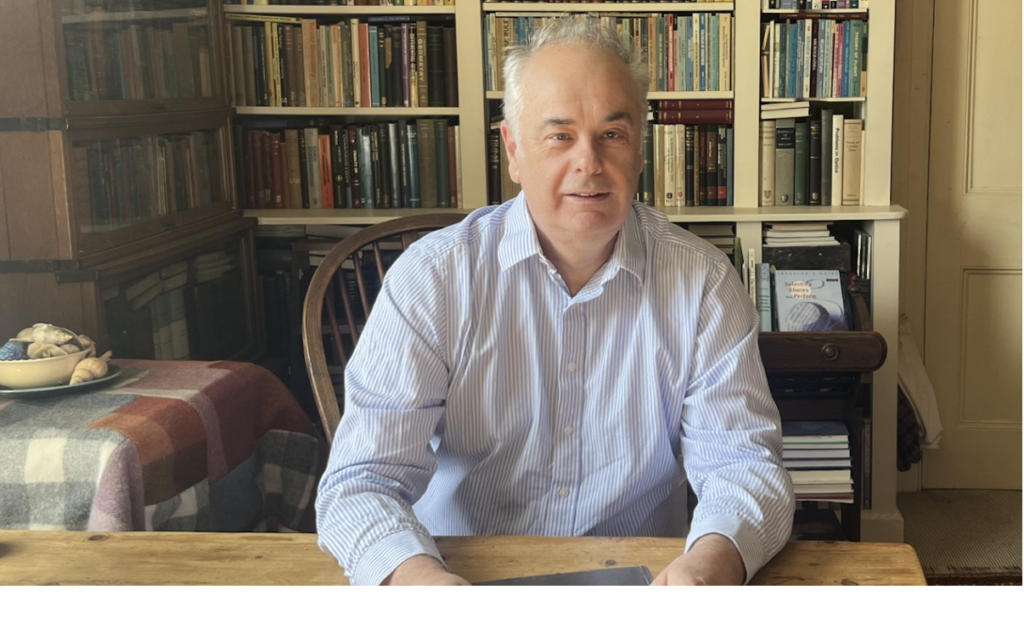
The position of Chancellor of Cambridge University is vacant following the resignation of Lord Sainsbury of Turville. An election will shortly take place.
The role is unpaid and has been seen in recent years as largely ceremonial. However, by Statute A4, the Chancellor has powers ‘to see that all officers of the University duly perform their duties‘. The Chancellor is also a member of Council, which is the principal executive and policy-making body of the University.
The Chancellor is elected by members of the Cambridge Senate. The Senate is, roughly speaking, all holders of degrees from Cambridge University, as well as current and former academic staff. This is an extraordinary and laudable example of academic self-governance, albeit a relic from centuries ago.
Please read the statement that accompanied my Chancellorship nomination and my six campaign pledges.
There are also my interviews with the press and opinion pieces available here.
(Prof) Wyn Evans (Institute of Astronomy)